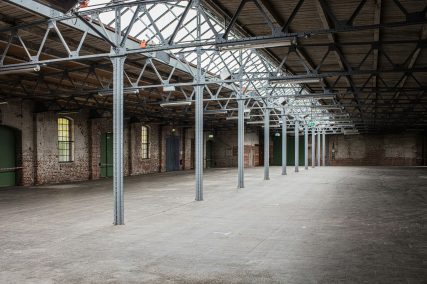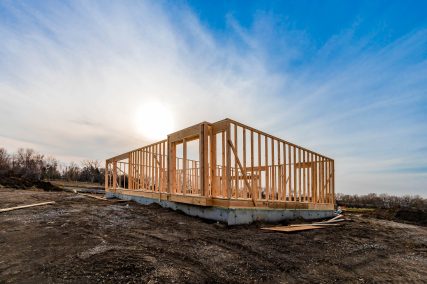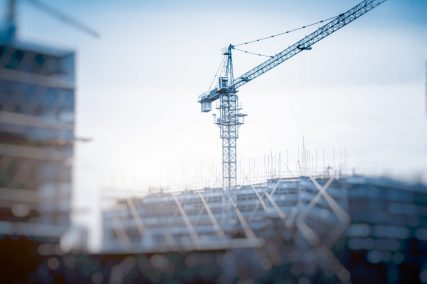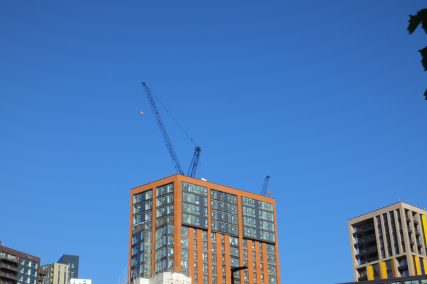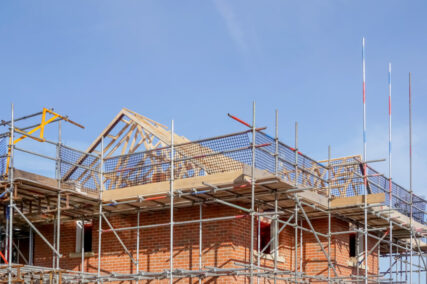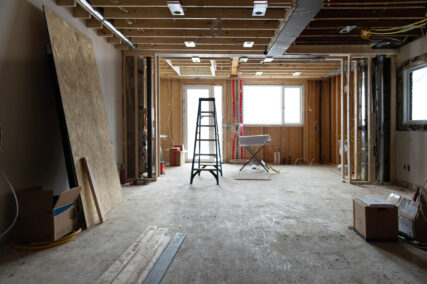What are the legal requirements for refurbishment property investment?
Refurbishment property investment involves several legal requirements, including:
- Building regulations: When renovating a property, it is essential to comply with building regulations, which cover safety, health, and welfare issues related to the construction of buildings. Investors must ensure that any work done on the property complies with these regulations.
- Planning permission: Depending on the nature and extent of the renovations, planning permission may be required from the local planning authority. Investors must ensure that they have obtained any necessary planning permission before starting work on the property.
- Health and safety: Investors must ensure that the property is safe for workers and occupants, and that all work is carried out in compliance with health and safety regulations.
- Environmental regulations: Investors must comply with environmental regulations related to the disposal of waste, the use of hazardous materials, and the energy efficiency of the property.
- Landlord and tenant law: If the property is being rented out, investors must comply with landlord and tenant law, which includes requirements related to the safety of the property, tenant rights, and the collection of rent.
- Tax law: Investors must comply with tax law, which includes paying any applicable taxes, such as capital gains tax and income tax.
To ensure compliance with these legal requirements, it is important for investors to consult with experienced professionals, such as solicitors, surveyors, and building inspectors. It is also important to stay up-to-date with any changes in regulations and laws that may impact the refurbishment property investment.

